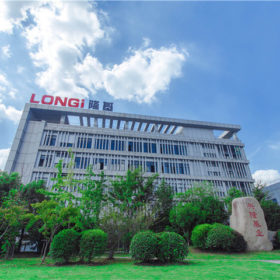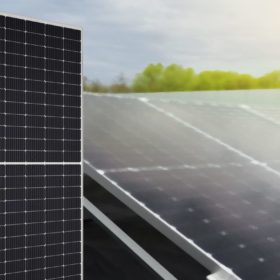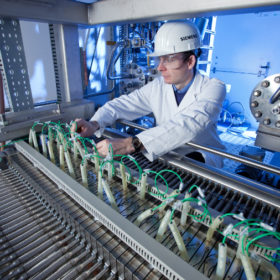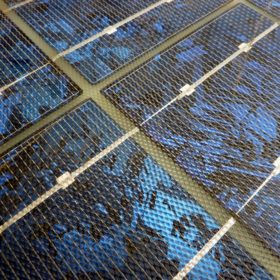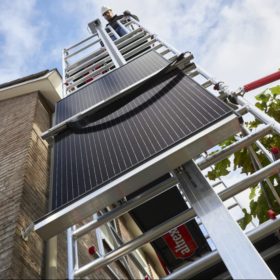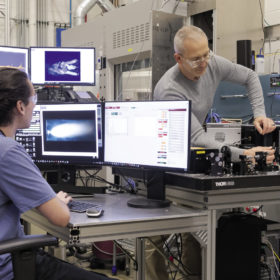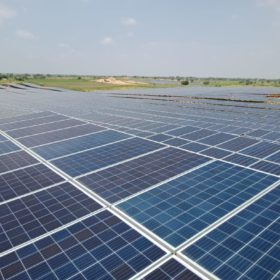LONGi Solar was India’s biggest module provider in 2020
The Chinese manufacturer shipped over 1,500 MW (DC) of modules last year, accounting for a 15.6% share of the total 9,478 MW module supplies in the nation.
Sharp develops 445 W half-cut panels for large scale PV
The new panel is manufactured with M6 wafers. It features a power conversion efficiency of 20.1% and a temperature coefficient of -0.347% per degree Celsius.
New power electronic device to manage surplus solar power
The device was developed by an international consortium through the EU-funded project Renewable penetration levered by Efficient Low Voltage Distribution grids (RESOLVD). The power electronic technology is claimed to be able to combine different storage technologies in a single electronic-based board interface.
BGR Energy Systems gets Irish ally to produce green hydrogen
Ireland’s Fusion Fuel Green would first set up a demonstrator plant for BGR Energy to generate cost-competitive green hydrogen. The plant would come up in Tamil Nadu’s Cuddalore district in the second half of 2021. It would then co-develop projects with BGR throughout India.
REIL seeks 150,000 multi-crystalline silicon solar cells
Bids are invited from Indian manufacturers to supply four-/five-busbar multi-crystalline silicon solar cells rated for 4.5W peak output. Bidding closes on March 15.
Modular lift system for solar panels
Altrex, a scaffolding and ladder producer in the Netherlands, has developed a new modular lift solution for solar panels. The system can raise one solar panel at a time and can be operated by a single installer using nothing other than a cordless drill, the company claims.
Australian firm launches 36 kW/120 kWh storage system made of second-life EV batteries
Relectrify said its new storage system is suitable for commercial and industrial applications and is designed for installations in the 120 kWh to 2 MWh range.
The long read: A new era for battery materials
Every year, chemical and energy companies produce $15 billion worth of commodities such as carbon black, silicon oxide, and aluminum oxide, for manufacturing purposes. Engineers do this by pumping chemicals into a flame and collecting material formed in the fire, in an approach known as flame spray pyrolysis. This approach, according to scientists at Argonne National Laboratory, has the potential to create more advanced materials for use in next-generation storage batteries.
Indian researchers improve perovskite-based solar cell structure
A numercal study by researchers at India’s Chitkara University has shown enhanced charge extraction in metal-perovskite-metal back-contact solar cell structure through electrostatic doping. The proposed design yielded a 59.4% improvement in power conversion efficiency over previously reported structures.
EESL tenders 100 MW solar EPC work in Maharashtra
Solar module manufacturers, grid-tied inverter manufacturers and PV system integrators with requisite EPC experience can bid for the grid-interactive PV capacity. The plants—to be set up in sizes ranging from 2 MW to 10 MW—shall come up in various districts of the state. Bidding closes on March 17.
